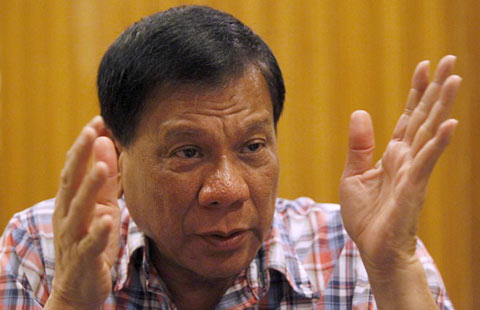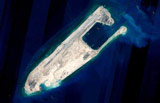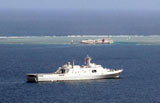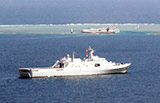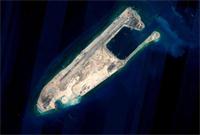Manila has chance to reset bilateral relations
[2016-06-01 07:58]Under the leadership of outgoing President Benigno Aquino, the Philippines saw a freefall in relations with China, and the divergences with Beijing truly outgrew the bilateral framework.
China 'committed to safeguarding' peace
[2016-06-01 01:55]China does not intend to assume a role as Big Brother, but instead seeks to build a community of a shared future with all its neighbors, Premier Li Keqiang said.
Sincerity highlighted in resolving disputes
[2016-05-25 02:35]In response to a US comment, Foreign Ministry says sincerity, rather than a nation's size, should be used to gauge how it justifies its actions.
Officials lay out position in islands dispute
[2016-05-21 08:04]China reiterated its rejection of any UN arbitration panel's decision on territorial claims made by the Philippines in the South China Sea, but it will keep the door open for negotiations to solve the disputes.
Duterte 'willing to improve ties' with Beijing
[2016-05-18 03:41]Duterte said that he wanted to cultivate friendly relations with China, and he was open to direct talks over the disputes in the South China Sea.
Afghanistan backs Beijing on South China Sea
[2016-05-17 03:16]Afghanistan supports China's position to resolve the South China Sea issue via bilateral negotiations between countries, a top Afghan leader said.
Stance on arbitration case 'enjoys wide backing'
[2016-05-13 02:58]China enjoys widespread support for its decision not to accept or take part in a case initiated by the Philippines over the South China Sea.
Chinese diplomat says South China Sea tribunal has no jurisdiction
[2016-05-13 00:32]A senior Chinese diplomat said on Thursday that the Arbitral Tribunal on the South China Sea had no jurisdiction and its ruling would be invalid under international law.
Manila 'may change its stance on sea dispute'
[2016-05-10 02:23]The next government in Manila might change its policy and exercise more restraint over the South China Sea, according to observers.
Russia calls direct talks way to solve disputes
[2016-04-20 03:13]Russia opposes actions "internationalizing the South China Sea issue" and favors direct negotiation between the countries involved.
Philippine 'hypocrisy' condemned
[2016-04-13 02:17]The upgrading of a military airport in the South China Sea by the Philippines reflects the country's "hypocrisy", says foreign ministry spokesman.
US militarizing South China Sea
[2016-04-07 07:46]Militarization of the South China Sea benefits no one. The US should keep its promise of not taking sides, instead of fueling dissension and tension in the region.


